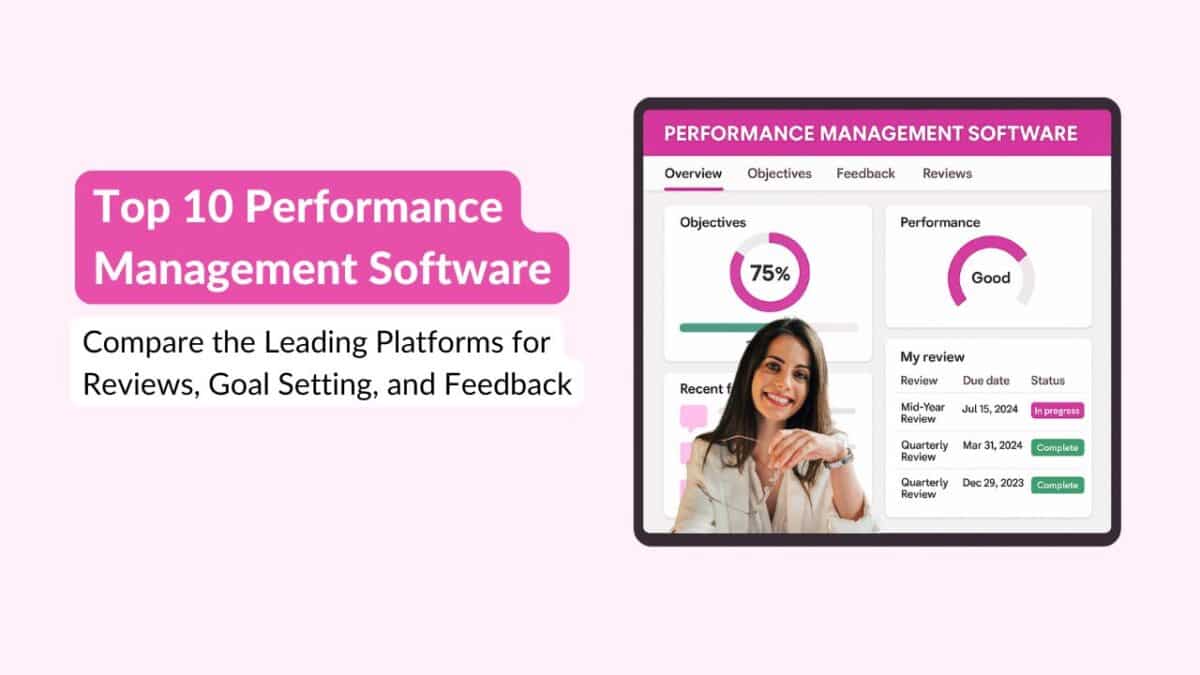Performance reviews are often rigged with biases. It is an inescapable fact, mainly because we are human beings and some of these biases spring from just being us.
As humans, our view of people is tinted by their most recent behaviour, or any affection/dislike we might have for them. It is very natural to let human emotions motivate how you work, deal with and manage people. However, when it comes to performance reviews, it becomes something of a contradiction. Because performance discussions depend on the reviewer being as objective as possible.
While there are different kinds of performance rater biases that exist, we are particularly looking at recency bias in this article.
Defining recency bias:
When a reviewer remembers only the work an employee has done in the recent past, when compared to the work she or he has done a while ago, it is called recency bias.
This is an unconscious bias because part of the problem can be attributed to cognitive capabilities and the way the mind makes associations. Nevertheless, it is a dangerous bias to see through. Very simply because, recency bias can either make or break a performance review.
This might bring us to our next question.
Also read: 7 Reasons Why Goal Setting is Important
How are performance reviews affected by recency bias:
Good reviews are those where the reviewer objectively reviews an employee’s performance from from the beginning of the financial year until the end of the financial year (broken down into 6 month period, or a 3 month period, etc). This means, the final review is a complete summation of all the work that has been done, the good and the bad, and the in-between as well. That is how a good review works.
When recency bias comes into the picture however, the scenario changes. When reviewers suffer from recency bias, they tend to remember only the recent work an employee has done. And based on the quality of that work, they review performance.
If a low-performing employee suddenly starts performing better just before the review, then despite their previous low performance, they are going to get a good review. On the other hand, if an employee performs well throughout the year, but before the review their performance drops, then despite their previous good performance, they are going to get a bad review.
Recency bias penalises people based on factors out of their control and rewards people for momentary bursts of effort.
Also read: Music Can Help Increase Productivity at Work
An easy way to prevent recency bias (unless you have an exceptionally good memory, in which case you already won the jackpot) would be to keep a track record of employee performance. It involves making notes of an employee’s work, their skills, a record of feedback given and received, how they work with other people etc.
You can do this manually, which can be slightly painstaking or you can use a software for this. Engagedly has two features that can specifically help with tracking performance, feedback and private notes. You can request a demo to see how these features work, along with our Performance module!
It’s worth remembering that recency bias cannot be completely eliminated. But there’s no reason why you shouldn’t do your best to be rid of it.
Want to know how Engagedly can help you with employee engagement and performance management? Request a free demo!
Request A Demo
Author
Srikant Chellappa
CEO & Co-Founder of Engagedly
Srikant Chellappa is the Co-Founder and CEO at Engagedly and is a passionate entrepreneur and people leader. He is an author, producer/director of 6 feature films, a music album with his band Manchester Underground, and is the host of The People Strategy Leaders Podcast.






